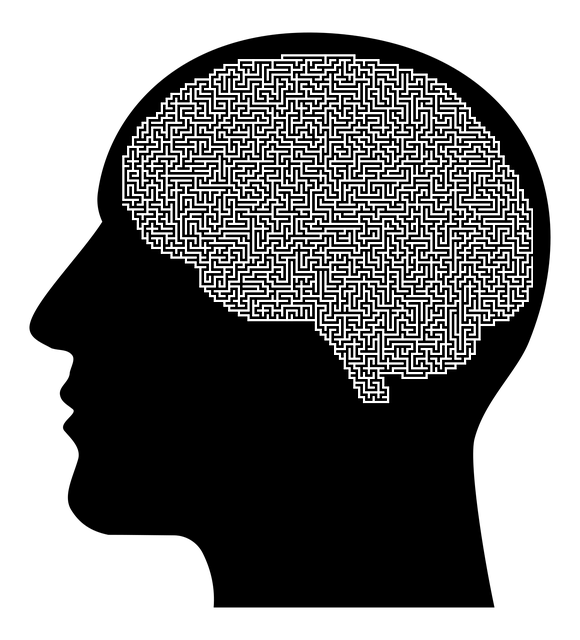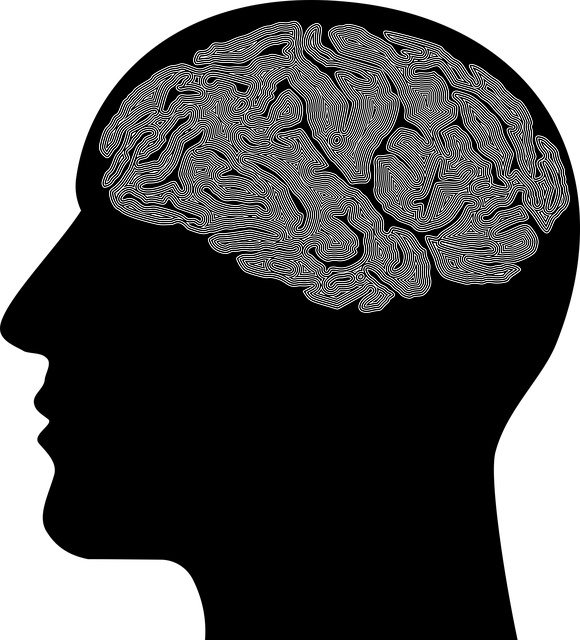Evaluating therapy programs for young Hebrew-speaking children requires a multi-faceted approach combining quantitative and qualitative methods. Standardized assessments, teacher observations, and parental feedback measure academic, social, and emotional growth. Qualitative techniques like interviews and focus groups uncover cultural nuances and program effectiveness, guiding improvements like crisis intervention and community awareness campaigns. Quantitative metrics track progress in emotional regulation, social skills, and cognitive functioning, identifying areas for refinement and ensuring tailored support for the unique needs of these young children and their families.
“Explore effective evaluation methods for mental wellness programs catering to young Hebrew-speaking children. This article delves into the assessment of therapy’s impact, employing both qualitative and quantitative techniques. We examine qualitative evaluation tools, such as interviews and focus groups, for gaining deeper insights into child therapy experiences. Additionally, we highlight quantitative metrics that measure success and identify areas for improvement in Hebrew-speaking child therapy programs.”
- Assessing the Effectiveness of Therapy Programs for Young Hebrew-Speaking Children
- Qualitative Evaluation Techniques in Mental Wellness Initiatives
- Quantitative Metrics: Measuring Success and Identifying Areas for Improvement in Child Therapy
Assessing the Effectiveness of Therapy Programs for Young Hebrew-Speaking Children

Evaluating the success of therapy programs designed for young Hebrew-speaking children is a nuanced process that requires a multi-faceted approach. Researchers and practitioners must assess not only academic progress but also the development of social and emotional skills, as these are pivotal to the overall well-being of children. Standardized assessment tools, teacher observations, and parental feedback can provide valuable insights into the program’s effectiveness.
Effective therapy for young Hebrew-speaking children often involves a combination of structured interventions and supportive community outreach programs. Implementing self-care practices tailored to their cultural context can empower these children to manage stress and promote emotional well-being. Additionally, integrating evidence-based techniques for emotional well-being promotion ensures that the program addresses both immediate needs and long-term mental health goals.
Qualitative Evaluation Techniques in Mental Wellness Initiatives

In the realm of mental wellness initiatives, particularly when focusing on therapy for young children speaking Hebrew, qualitative evaluation techniques play a pivotal role in understanding the impact and effectiveness of programs. These methods delve into participants’ experiences, perceptions, and behaviors, offering valuable insights beyond quantitative data. By employing tools like in-depth interviews, focus groups, and observational studies, researchers can capture nuanced details about how children and their families benefit from interventions. This is especially crucial for Hebrew-speaking communities, where cultural sensitivities and unique challenges may influence engagement with mental health services.
Qualitative approaches provide a window into the emotional well-being promotion techniques employed in these programs. For instance, interviews with parents can reveal the impact of crisis intervention guidance on their ability to support children’s mental health at home. Public awareness campaigns development is another area where qualitative data shines, showcasing how various strategies influence community engagement and perceptions about seeking help. Ultimately, these evaluation methods contribute to the refinement of programs, ensuring they remain relevant, effective, and tailored to the specific needs of young Hebrew-speaking children and their families.
Quantitative Metrics: Measuring Success and Identifying Areas for Improvement in Child Therapy

In evaluating the effectiveness of mental wellness programs for young children, particularly those offering therapy for Young Children Hebrew Speaking, quantitative metrics play a crucial role in measuring success and guiding improvements. Standardized assessment tools can gauge progress in key areas such as emotional regulation, social skills, and cognitive functioning before and after intervention. This data allows professionals to identify the program’s strengths and weaknesses, ensuring that self-awareness exercises and other therapeutic techniques remain relevant and effective.
By tracking changes over time using quantitative methods, practitioners can detect trends and patterns that highlight areas needing attention. For instance, a decrease in anxiety scores or improvements in behavioral outcomes can indicate successful implementation of strategies aimed at burnout prevention. Conversely, persistent challenges in certain domains may signal the need to adapt treatment plans or introduce new emotional regulation techniques tailored to the specific needs of the Hebrew-speaking child population.
Evaluating mental wellness programs, particularly those catering to young Hebrew-speaking children, requires a multifaceted approach. By combining qualitative insights from interviews and focus groups with quantitative data analyzing therapy outcomes, professionals can accurately assess the effectiveness of these programs. This dual method allows for a comprehensive understanding of each child’s unique needs, ensuring tailored interventions and fostering positive mental health outcomes for this specific demographic. Through such evaluations, therapists can continually refine their practices, ultimately enhancing the quality of care provided to young Hebrew-speaking children in therapy settings.














